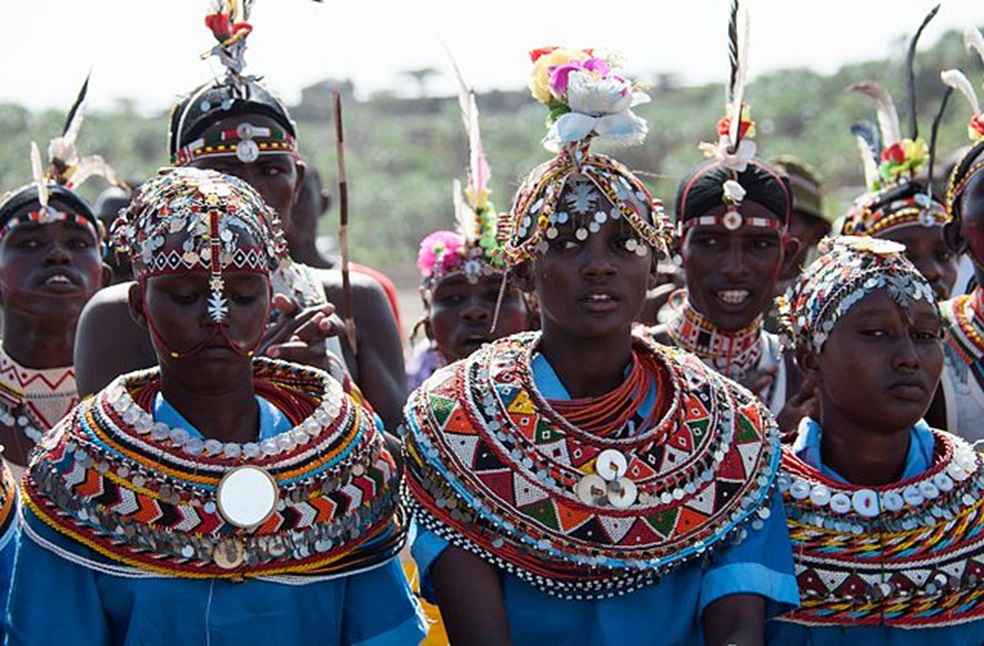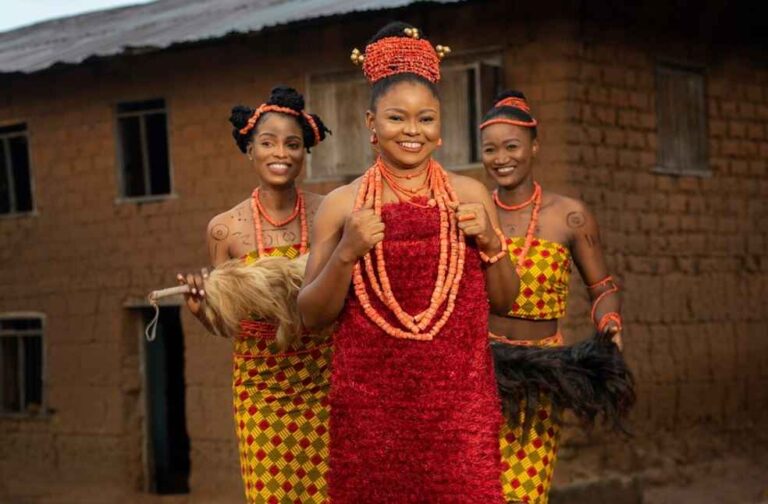Africa: Kenyan and Zimbabwean authorities and civil society groups have decided to invest in preventing violence against women and girls, and they are implementing a variety of measures to do so.
As part of the UN Women’s Generation Equality Forum Action Coalition Against Gender-Based Violence, both the Kenyan government and civil society organisation ‘Yes Trust Zimbabwe’ developed their pathways to reduce violence against women and girls.
In Zimbabwe, ‘Yes Trust’ trained over 50 provincial community leaders on the most useful techniques for handling and reporting gender-based violence. Furthermore, the organisation guided them in seeking multimedia projects to increase their cognition about the issue.
Those leaders formed multimedia advocacy techniques such as short films, mobile roadshows, festivals, and community radio talks to make spaces for exchange and empower survivors.

Thina Maphosa, Head of Programmes at Yes Trust, stated that, “Our approach goes beyond raising awareness; it’s about creating spaces for exchange, challenging societal norms, and empowering survivors through tangible initiatives. Investing in women is an investment in a future free from violence.”
The group founded more than 50 women and girl-guided groups that run programming strived at educating the populace about strategies to diminish violence and empower survivors.
Phoebe Makungu, Generation Equality Forum Focal Point at the State Department for Gender and Affirmative Action in Kenya, commented that “We believe that empowering women is not just a moral obligation; it’s an economic imperative. Our policy reforms, local initiatives, and strategic investments are laying the groundwork for a society where women thrive, not just as survivors but as active contributors to our nation’s progress.”
The country’s government launched localised programs in nine towns and counties, including toll-free lines for reporting gender-based violence and clinics for survivors, in conjunction with the Generation Equality Forum.
The government also supports the UN Women partner, the Anti-Female Genital Mutilation Board. A council of elders in the Samburu region committed to championing the end of this deadly practice in 2021, and another council in the Mount Elgon region dedicated to doing the same in 2024.

According to the Supreme Council of Elders, such rites of passage ‘no longer depicted positive values and norms. They have ended up causing more harm to our girls in the long run.’
“From now, we are going to take measures to protect girls and prevent FGM from taking place in our community”, the statement said.
For gender equality, investing in women is not only an ethical imperative but also a monetary imperative. “We recognize the challenges, but they only fuel our determination. Our multimedia advocacy, community engagement, and empowerment programmes are vital components of a comprehensive strategy to create lasting change,” Maphosa said.
Makungu stated that, “Empowering women is an investment in our nation’s prosperity and strength. Our strides in policy reforms, awareness campaigns, and services aim for a future where every woman can thrive, contributing significantly to a just society resilient against violence.”



